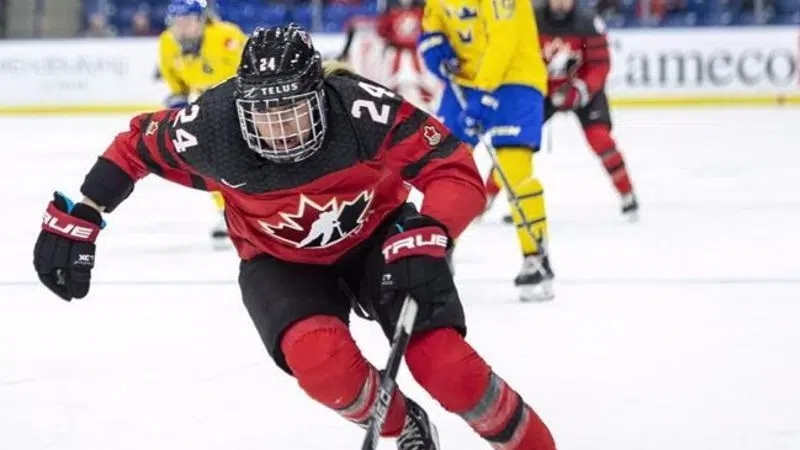
Hockey Canada backfills women’s schedule with more camps, ice time
CALGARY — Hockey Canada is beefing up the national women’s team’s schedule to try to fill a void.
Canada will play in the Four Nations Cup in Sweden in November, face the Americans in an exhibition series in December and be the host country at the 2020 world championships in Halifax.
But Gina Kingsbury, Hockey Canada’s director of women’s national teams, says there will be an additional seven, four-day camps this winter in Calgary, Toronto and Montreal. National-team players will also have access to three skills sessions per week with coaches in those cities, compared to once a week last season.
The national team’s busier schedule comes after Canadian Women’s Hockey League announced on the eve of April’s world championship that it would fold after 12 years. The announcement rocked not only 18 CWHL players on Canada’s roster, but also those wanting to join the league upon graduation from university.
